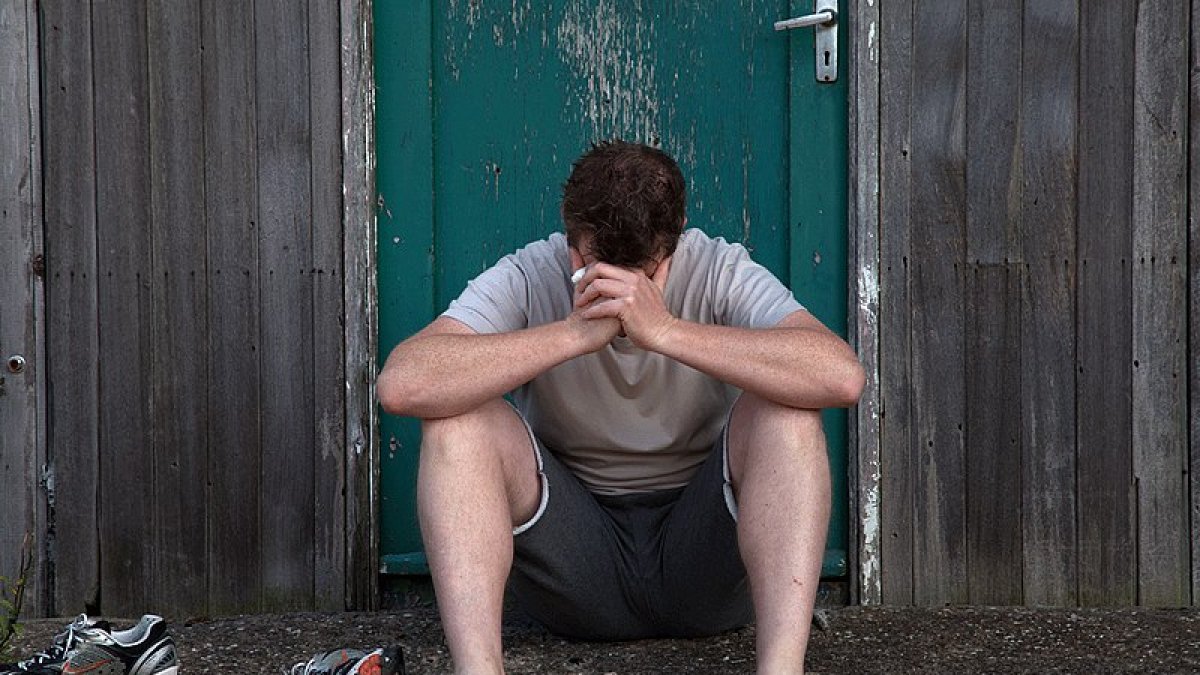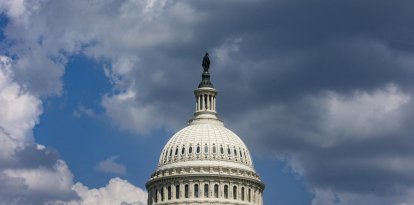Bipartisan bill seeks to allocate $36 million to care for mental health among those most vulnerable to climate change
The legislation, dubbed the Community Mental Wellness and Resilience Act, was introduced by progressive Senator Ed Markey.

Wikimedia Commons
A bipartisan bill seeking to preserve mental health recently landed in Washington, DC. Named the Community Mental Wellness and Resilience Act (CMWRA), it was sponsored by Ed Markey (D-MS) in the Senate and by Brian Fitzpatrick (R-PA) and Paul Tonko (D-NY) in the House of Representatives. Specifically, the aim is to fund programs to protect mental health in communities experiencing the most climate change.
The legislation has co-sponsors from both parties, Richard Blumenthal (D-CT), Sheldon Whitehouse (D-RI) in the Upper House, as well as Don Bacon (R-NB), Kathy Castor (D-FL) and Mary Peltola (D-AK) in the Lower House.
According to Mental Health America, 50 million Americans had a diagnosed mental illness in 2022, nearly 20% of adults. On the other hand, 5% suffered from a more serious mental illness.
As for students, a survey conducted in the same year found that 37% of high school students claimed to have poor mental health, evidenced by stress, anxiety and depression. In addition, another survey conducted by the American Psychiatric Association revealed that a high percentage of adults with children under the age of 18 are concerned about their mental health.
What does CMWRA do?
According to the bill’s text, it would establish a grant program from the CDC to “create, operate, or expand” community-based programs that use a public health approach to promote mental wellness and resilience.
These programs “will work to enhance the capacity of all residents for mental wellness and resilience to prevent and heal mental health problems generated by disasters and toxic stresses.” Through CMWRA, these communities would develop their own strategies for mental wellness.
“The Community Mental Wellness and Resilience Act is central to our vision for a Green New Deal future that addresses not only the health of our planet but the health of our people. This legislation will give communities the resources they need to build defenses to these dual crises and ensure a healthier, more sustainable future for all,” celebrated Senator Markey.
“I am proud to introduce this bipartisan legislation that expands our nation’s mental health resources at the local level with community-based initiatives, ensuring that victims of natural disasters have access to critical mental health care,” said Congressman Fitzpatrick.
Another bill seeks to improve mental health in schools
This legislation pursues a similar objective as the bill mentioned above but with a focus on schools. Endorsed by the National Association of School Psychologists (NASP) and the National Alliance on Mental Illness (NAMI), The Bipartisan School Mental Health Excellence in Schools Program Act of 2023 was introduced in the House of Representatives in mid-May.
Basically, the bill would establish “the School Mental Health Excellence Program to increase the recruitment and retention of school-based mental health providers, and for other purposes.”
“As a professional on the front lines of the mental health crisis affecting our nation’s children and youth, I have witnessed firsthand the heartbreaking increase in anxiety, depression, and other mental health difficulties over this last decade. School psychologists work tirelessly to address the needs of our students while facing a national shortage of personnel in the workforce. The combination of rising student needs coupled with a lack of mental health resources has us greatly concerned but even more determined to find solutions,” Dr. Julia Szarko, NASP Co-Chair.
It was introduced in the House by Congressman Fitzpatrick and his colleague Jared Golden (ME-02), while its Senate version was introduced by Senators Todd Young (R-IN), Jeanne Shaheen (D-NH), and Kevin Cramer (R-ND).

























